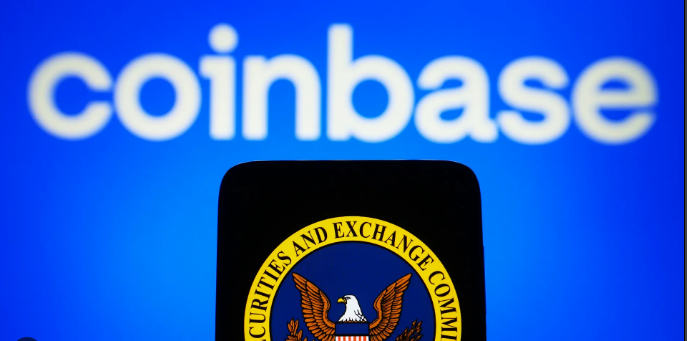
The world of cryptocurrency is a rapidly evolving landscape where regulatory clarity is crucial for fostering innovation and ensuring investor confidence. Yet, the United States Securities and Exchange Commission (SEC) has been under fire for its confusing and inconsistent stance on digital assets. Brian Armstrong, CEO of Coinbase, a leading cryptocurrency exchange, has openly criticized the SEC for its lack of clear guidelines, which he believes hinders progress in the digital currency sector.
The Regulatory Ambiguity: Securities or Digital Assets?
Brian Armstrong’s primary grievance lies in the SEC’s failure to define the legal status of digital assets clearly. This has led to uncertainty among firms about what is permissible and what crosses the regulatory line. Back in 2018, the SEC announced that digital assets were not securities. However, by 2021, the agency had reversed its stance, labeling certain digital transactions as investment contracts.
The year 2024 saw similar regulatory flip-flopping, with the SEC one day considering digital assets as mere computer code and the next day as representations of investment contracts. This lack of consistency leaves cryptocurrency companies navigating a minefield of regulations, uncertain of when to halt or push forward in their endeavors. Armstrong suggests that the next SEC chair should retract what he describes as “frivolous” cases against crypto entities and offer a public apology to American investors. Such steps, he argues, would begin to mend the damaged trust in the SEC as a regulatory body.
Coinbase Challenges SEC’s Enforcement Actions
Unlike many other companies that choose to acquiesce, Coinbase is confronting the SEC head-on. The company is entangled in several legal battles, including a major lawsuit where the SEC accuses Coinbase of violating securities laws by providing trading services in cryptocurrencies without proper registration. In its defense, Coinbase has submitted an amicus brief contending that the SEC’s enforcement strategy unfairly targets crypto companies for breaching unclear or non-existent regulations.
Paul Grewal, Coinbase’s Chief Legal Officer, articulates the dilemma faced by businesses. He states, “The SEC claims that existing rules are applicable to digital assets but fails to provide guidance on when they apply or how compliance can be achieved.” This ambiguity, according to Armstrong, impedes American innovation, as the lack of explicit guidelines leaves the crypto industry in a perpetual state of confusion.
The Political Spotlight on Cryptocurrency Regulations
The issue of cryptocurrency regulation is increasingly becoming a political focal point. Former President Donald Trump, at a recent Bitcoin convention, pledged to remove SEC Chair Gary Gensler if re-elected, vowing to adopt a new approach to crypto oversight. Since assuming office, Gensler has initiated numerous enforcement actions against major exchanges, including Coinbase and Binance, prompting widespread calls for regulatory reform.
The growing demand within the crypto community for clear regulations underscores the need for stability to nurture innovation. Armstrong’s message, resonating with a broader industry sentiment, warns that without more transparent guidelines, the United States risks stifling the growth and investment opportunities that digital assets present.







